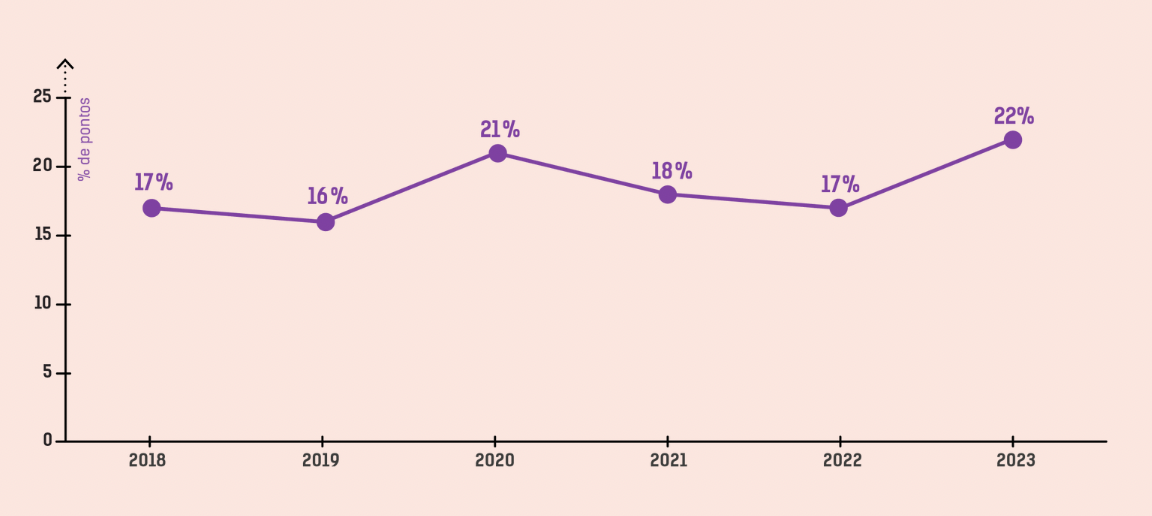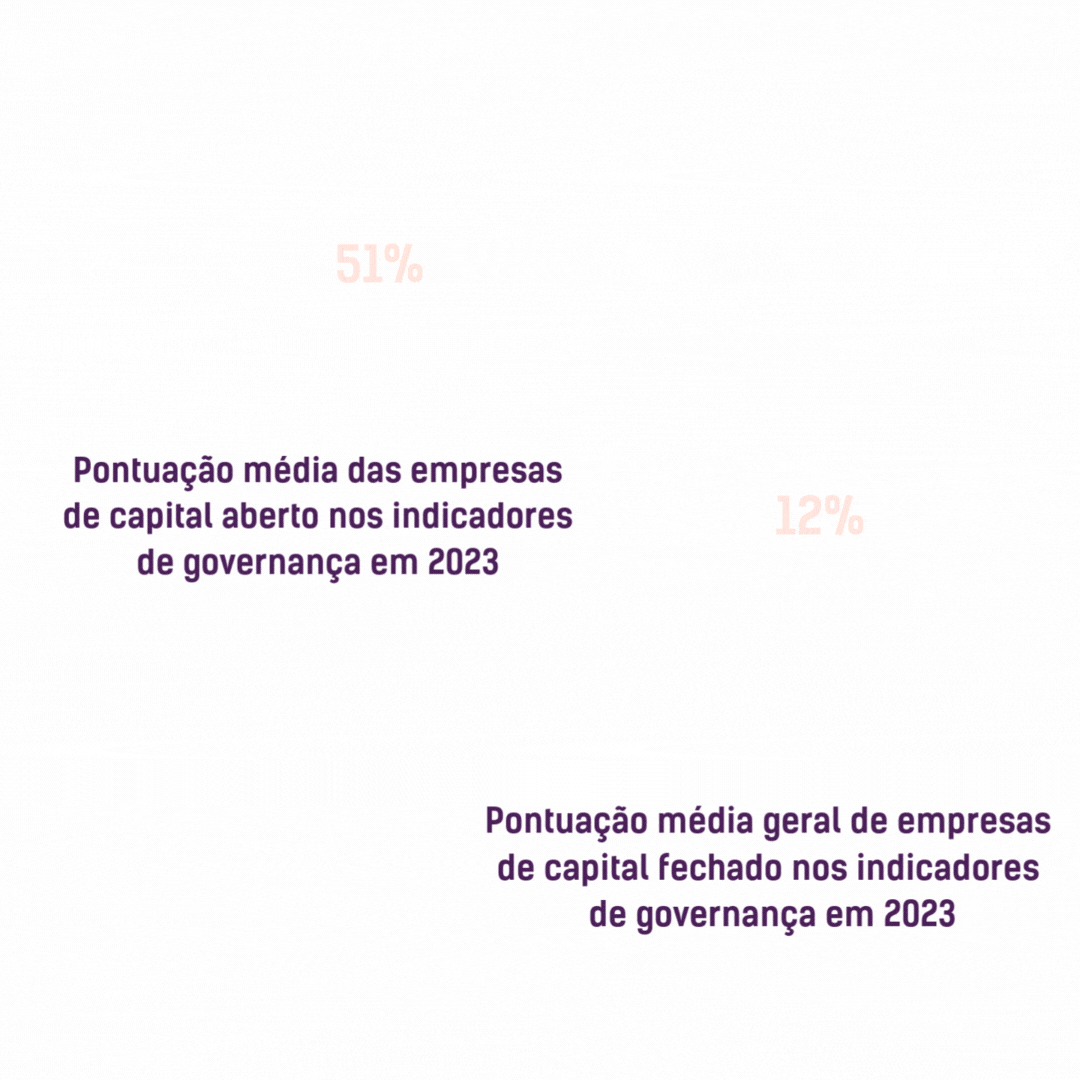Sobre o Índice de Transparência da Moda Brasil – edição comparativa
From 2018 to 2023, it assessed and ranked, annually, the disclosure of social and environmental information by major fashion brands in Brazil, which allowed for the creation of an extensive database.
For the first time, the Fashion Transparency Index Brazil presents a comparative edition, providing an overview of the data collected during this period.
In this analysis, it is assessed how and what the largest brands and retailers in Brazil have disclosed about their social and environmental policies, practices, and impacts.
KEY FINDINGS
ENVIRONMENT

There was a significant increase in the disclosure of greenhouse gas emissions by brands, rising from 17% in 2019 to 45% in 2023 (Scopes 1 and 2), and regarding the supply chain, from 10% in 2019 to 40% in 2023 (Scope 3). However, transparency is still lacking on measurable commitments with set timelines for decarbonization and zero deforestation.


An increase in transparency regarding the number of items produced annually by brands was observed, with a notable finding that the brands analyzed by the Index in Brazil are more transparent about this issue than those assessed in the Global Index. However, transparency regarding the amount of waste generated remains limited.
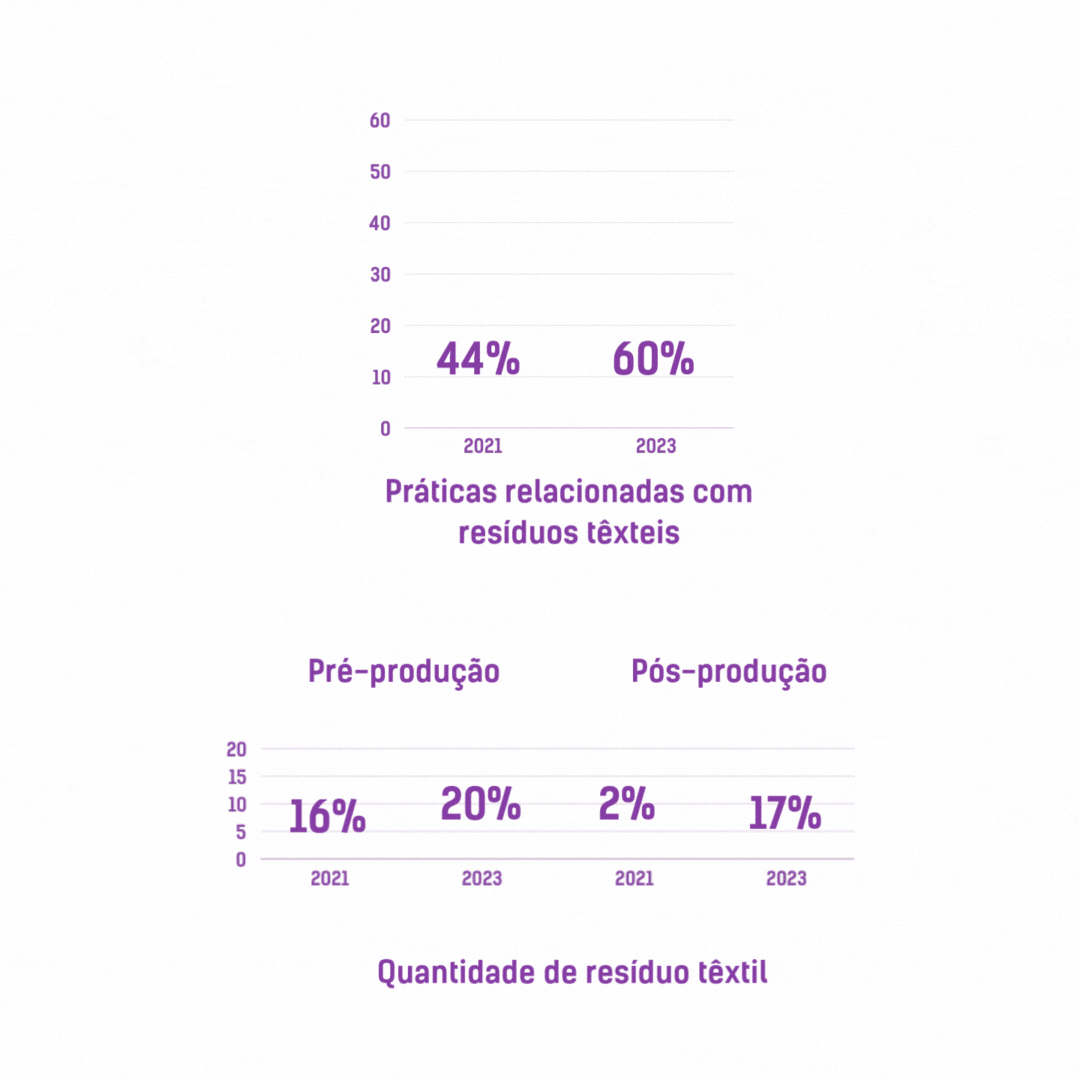
More brands are disclosing product return systems for recycling in their stores, but few report how many products are actually designed for circularity, suggesting that this topic is still in its early stages.


HUMAN RIGHTS
Between 2018 and 2023, there was an increase in the disclosure of the number of migrant workers in supplier facilities, but there was a decrease in transparency regarding the measures taken to regularize these workers.


More than half of the brands have policies against contemporary slavery, but there is little transparency on specific data, such as risk factors (excessive and forced overtime, restricted freedom of movement, retention of personal documents, debt bondage, etc.).
Brands are more transparent about gender equality than about racial equality in their operations. This transparency is even lower when it comes to gender and racial equality among suppliers.
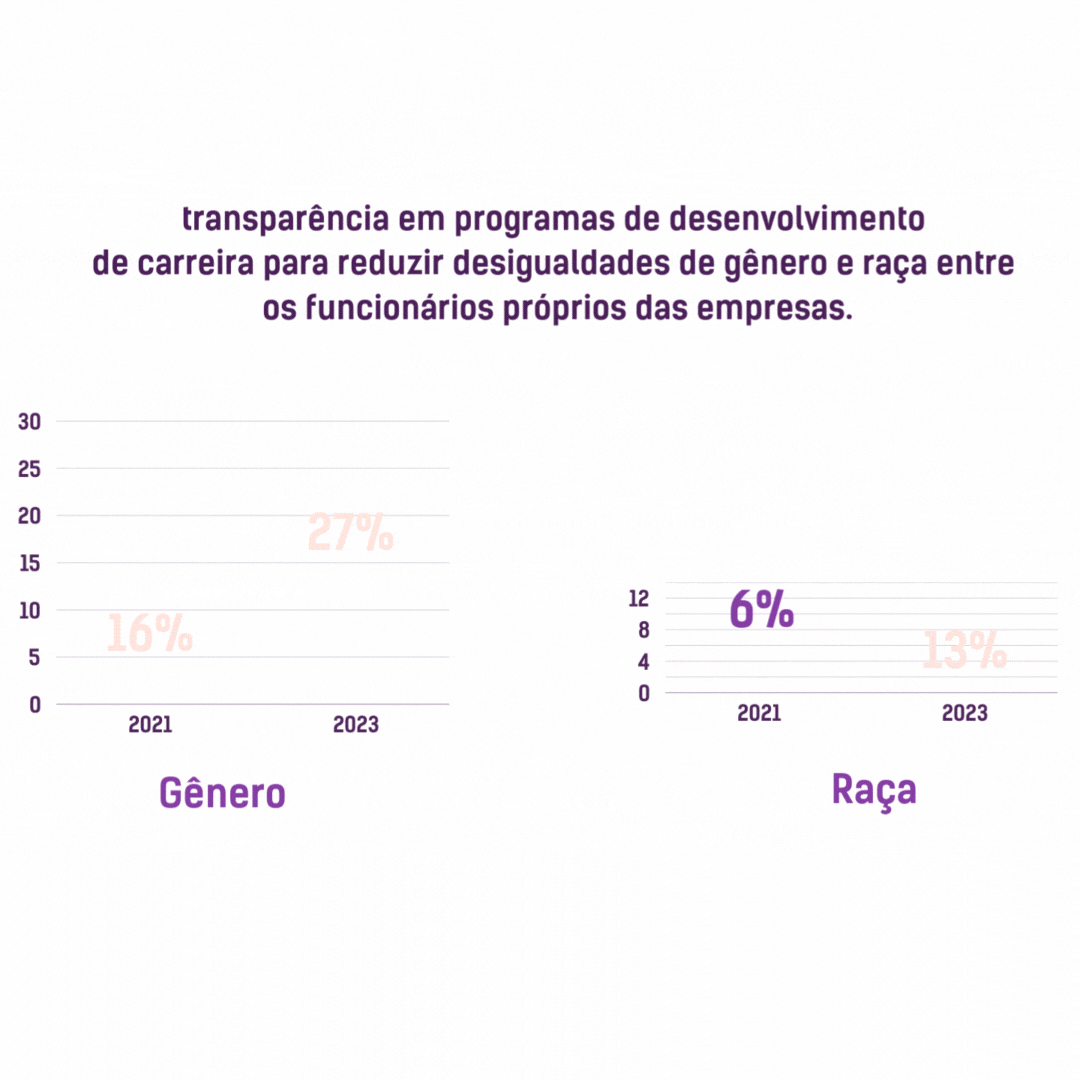
GOVERNANCE
TRACEABILITY
In 2018, only five brands provided lists of suppliers for level 1 factories and processing and finishing facilities. Regarding raw material suppliers, only 3 companies shared any information. By 2023, these numbers nearly quintupled: 23 major brands disclosed lists of direct suppliers (level 1), 21 disclosed lists of processing and finishing facilities, and 15 included a selection of their raw material suppliers.
Despite this, 57% of the 60 largest brands and retailers operating in the country still do not disclose any information about their supplier lists.
PERCEPTION RESEARCH
This year, the ITMB also included a perception survey of the brands regarding the Index itself. The results show that 68% of the brands acknowledge that the research has driven their sustainability and transparency practices, while 72% perceive internal changes as a result of participating in the project.
The ITMB questionnaire is seen by companies as an internal assessment tool and a guide for new initiatives, challenging them to step out of their comfort zones and elevate the level of discussions, bringing new topics to the forefront.
ponto de vista
"The climate emergency should serve as a wake-up call for the fashion and textile industries to recognize their role both in the problem and in the solution."
"Transparency should be used as a collaborative tool, not a competitive one, allowing the sector to follow a sustainable path."
M.Sc. Danielly de Andrade Mello Freire
Head of Climate at the UN Global Compact


"The transparency game in sustainability has shifted to a new phase, now revealing an advantage for companies participating in the ITM. For them, knowing and disclosing relevant information about their social and environmental issues is not new, as they have been developing capabilities in this regard for years."
"For companies that have never given due attention to this transparency, the new scenario, which brings mandatory and strict regulations, will not only be a surprise but also a huge challenge."
Aron Belinky
Partner at ABC Associados
"Traceability is essential in the fashion world because it enables consumers, NGOs, and unions to access information about the origin of products, working conditions, and the environmental impact of companies."
Without this visibility, abusive practices can go unnoticed or even be ignored, such as contemporary slavery and violations of environmental laws.
By requiring companies to publish complete data about their supply chains, a cycle of accountability is created, in which civil society can push for improvements, and brands are encouraged to correct irregularities.
France Júnior
Journalist and Project Assistant | Research and Social Impact – Repórter Brasil


"Transparency must begin with the public recognition of the existence of an informal industry, marked by precarious labor and a lack of rights, where women are the most affected."
In this reality, the glamour of the runways does not reach, and the wealth generated ignores the social and environmental pillars. True transparency will occur when this informal industry is mapped, studied, and integrated into national fashion debates, enabling the creation of effective political actions.
Virgínia Vasconcelos Professor and researcher Creator and co-founder of the Mulheres do Polo Collective
Previous Editions
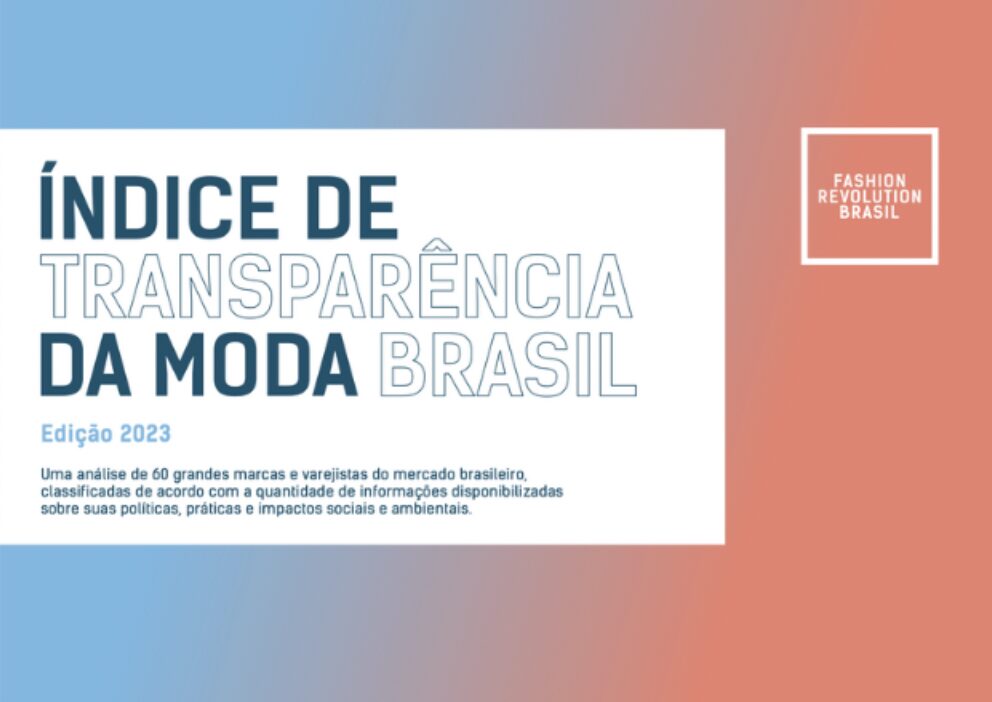
fashion transparency index brazil
2023
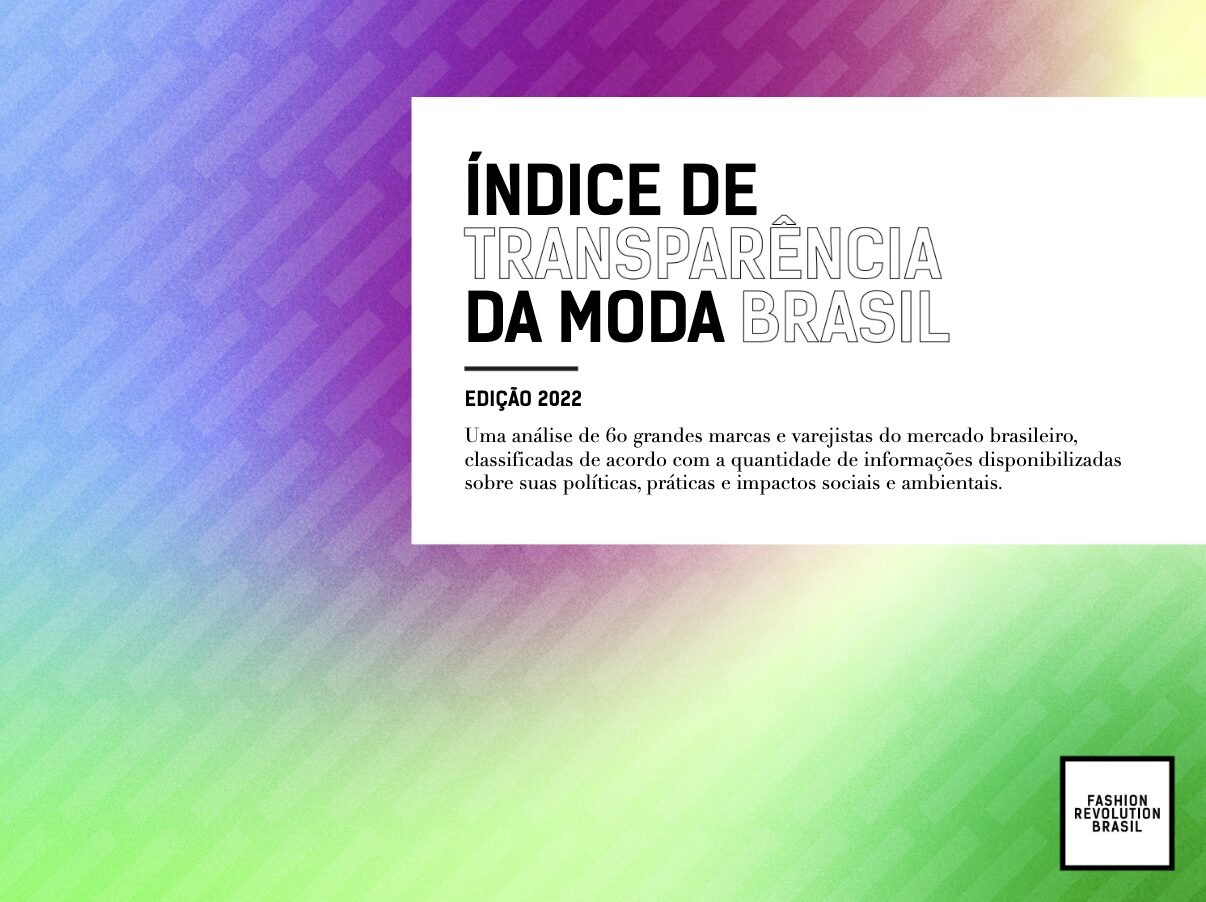
fashion transparency index brazil
2022
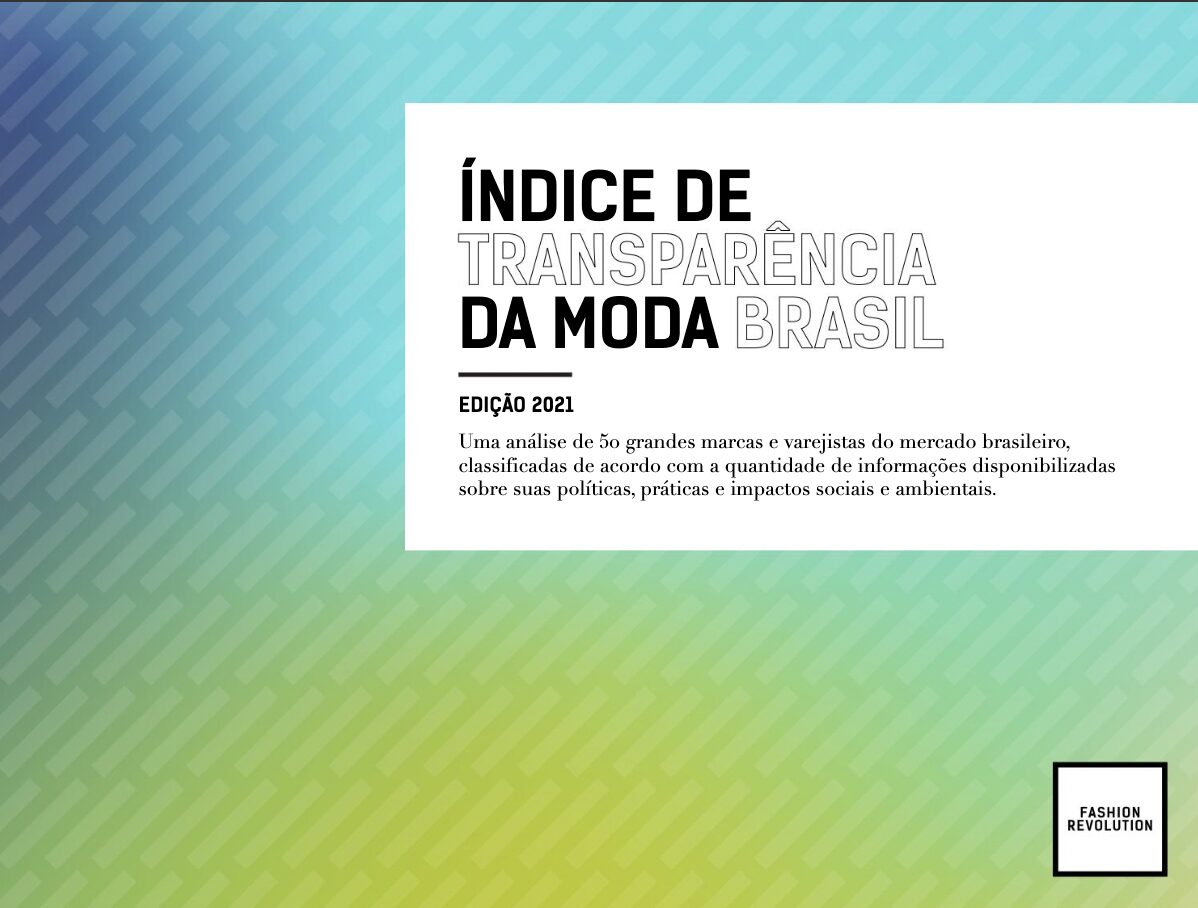
fashion transparency index brazil
2021
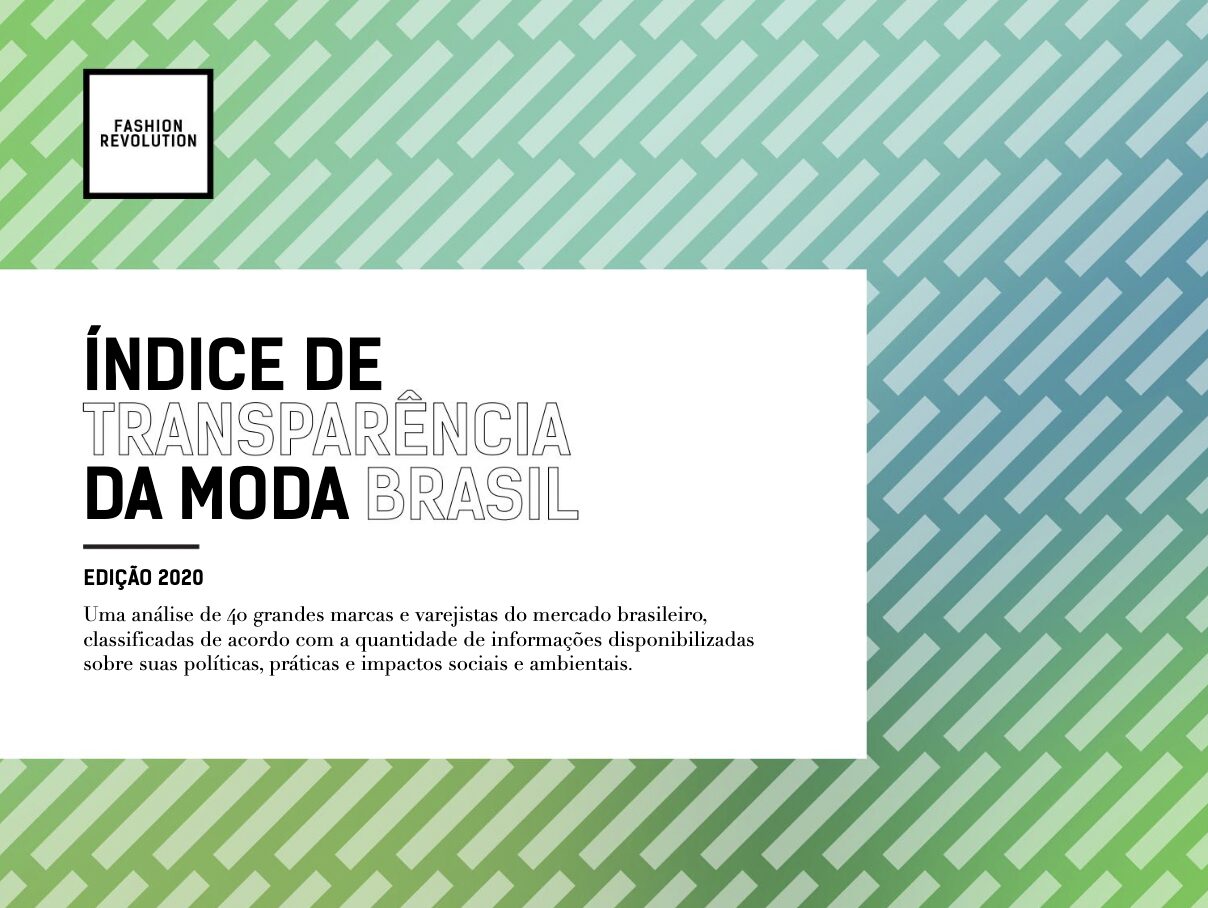
fashion transparency index brazil
2020
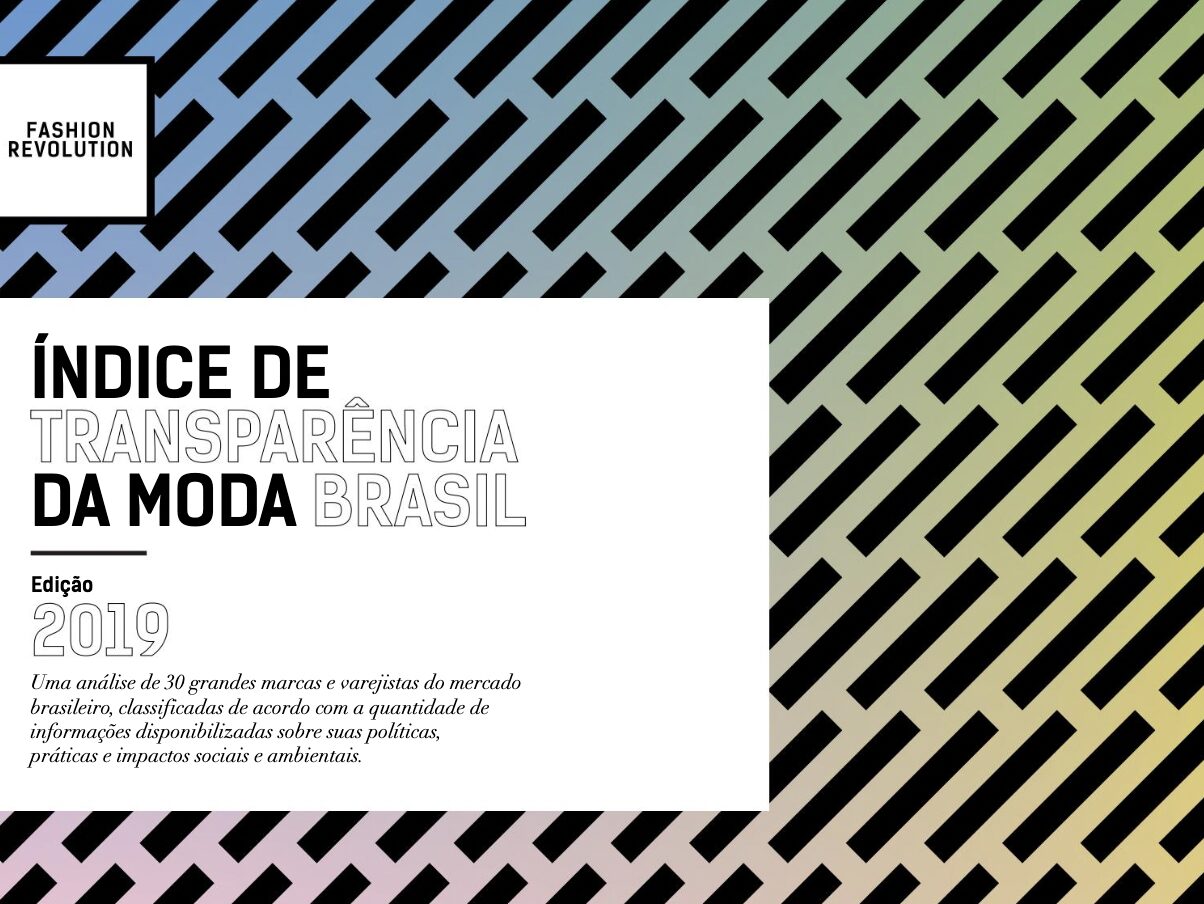
fashion transparency index brazil
2019
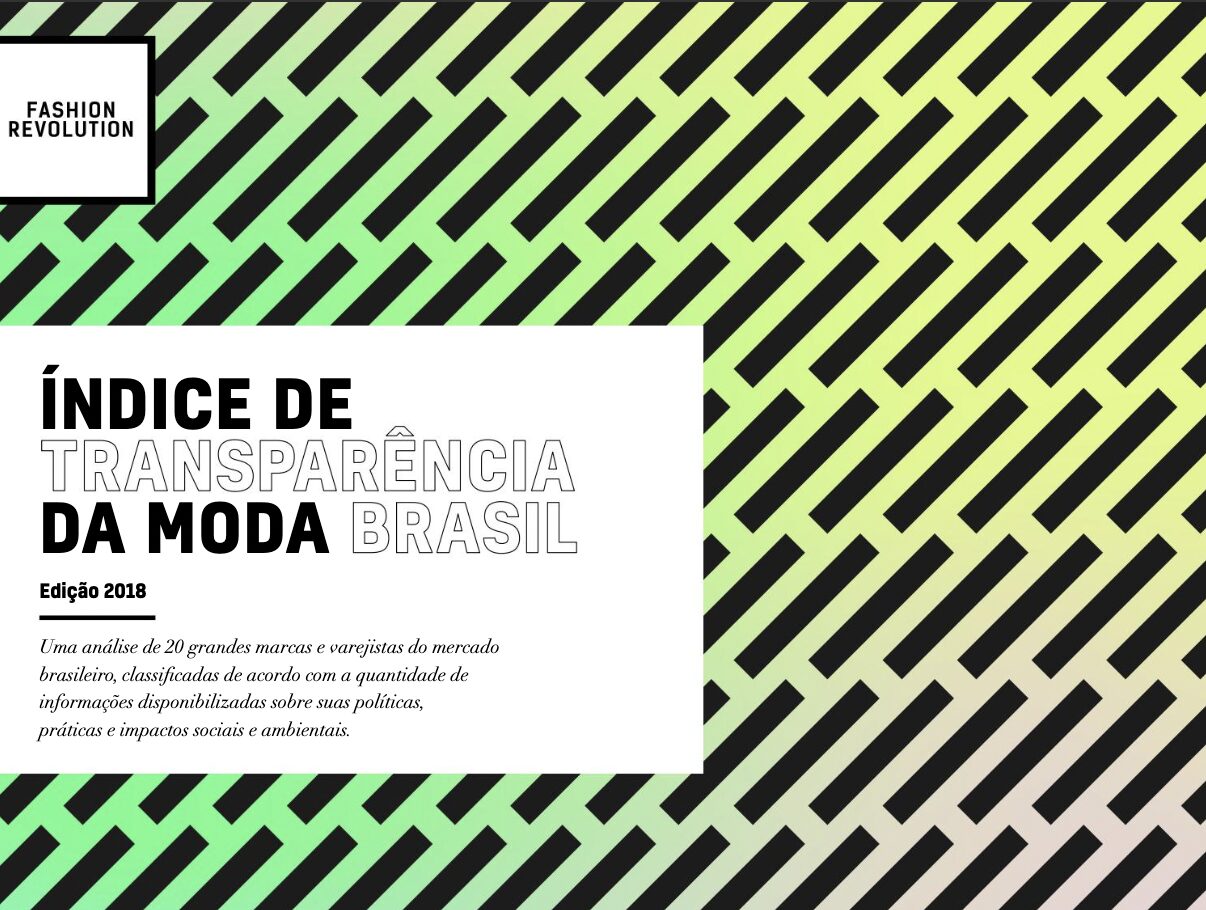
fashion transparency index brazil
2018
Do something: Support Fashion Revolution Brazil!
Your donation strengthens us
Consider making a financial donation to the Fashion Revolution Brazil. Your donation will also contribute to the expansion of our movement, which aims to diversify, inform, mobilise communities and bring together people and organisations across the country to take collective action to address the systemic challenges of the fashion industry.


